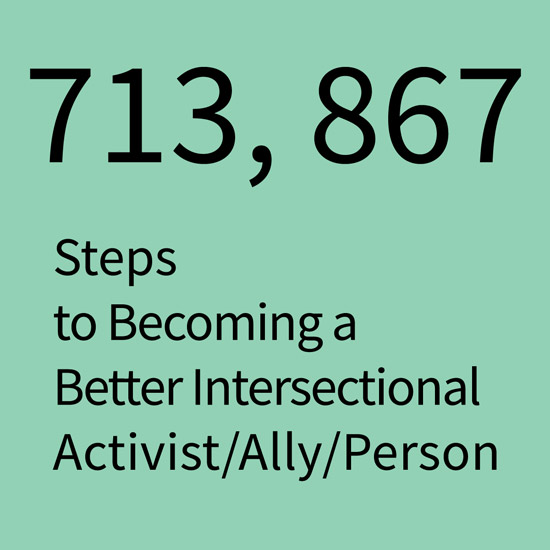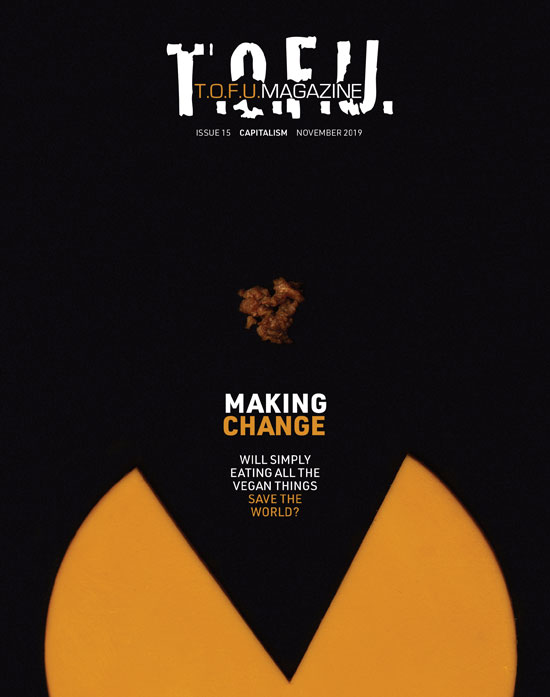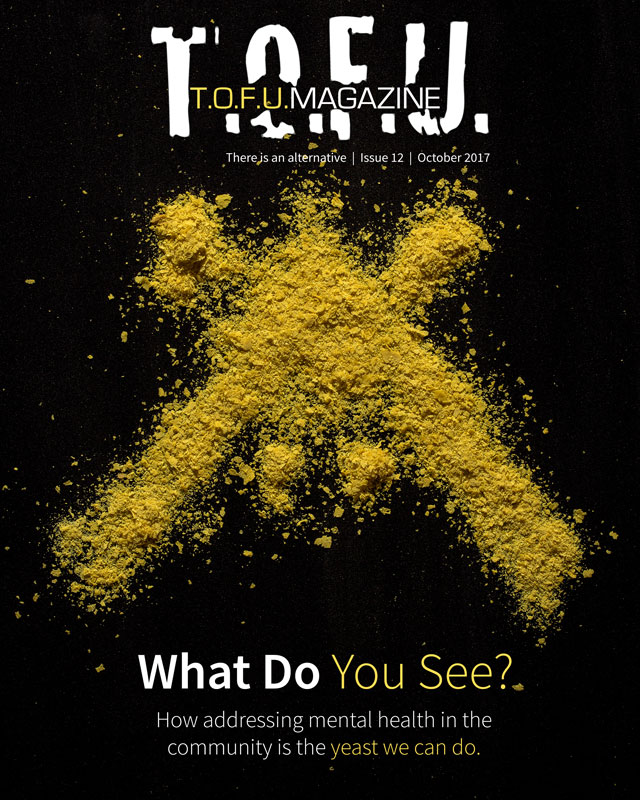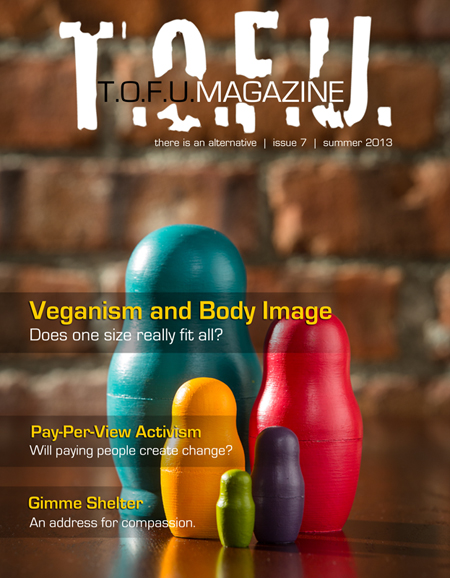Roughly 713,867 Steps to Becoming a Better Intersectional Activist/Ally/Person

[Content Warning: Although the article itself doesn’t deal directly with most of the sensitive subjects related to intersectional work, the referenced materials contain discussions on such things as racism, rape, abuse, transphobia, and more.]
Maybe you’re here because you heard the word “intersectional” recently, and now you’re curious to learn exactly what it’s about. Perhaps you’re here because you’re still struggling with not putting your foot in your mouth in a discussion, whether it’s online or in the real world, and you figure this list will give you the answer. Of course, you could just be here because you like lists and this one just might be one of the biggest ones you’ve seen.
Sadly, I’m going to tell you upfront that this post will not really provide any of those things.
Yes, there will be a list. Yes, there will be some talk about what intersectionality is. Yes, I’m going to address the fact that it’s very likely you will say something inappropriate or offensive while trying to learn and improve the way you go about trying to change the world.
However, for many reasons (I’m not an expert on the topic, it’s hard to define something that involves so many different things, etc.) I’m not writing this to give you a quick fix. The reason why I’m writing this is to try and illustrate that it’s likely the things you’re going through as you try to learn more about how oppressions overlap are the same sorts of things that other people are grappling with.
In fact, I’m one of those people, and I’ve been grappling with this stuff for years. Hell, I initially fought the concept of intersectional feminism (and even vegetarianism, but that’s another story) and often found myself playing devil’s advocate while discussing this or that topic with a former partner before I realized that the devil didn’t really need another advocate. There were (and still are) plenty, and they’re not playing a role.
Since then, I’ve been reading, listening, stumbling along, messing up, learning, apologizing, and generally trying to figure all this shit out while wondering how I’m going to pay my bills and just why social media would rather talk about Justin Trudeau’s yoga poses than his approval of pipelines
Although I’ve sometimes felt like the bending and stretching my mind has done while learning as much as I could probably rivals what Trudeau can do on a mat (or a desk), the fact of the matter is that there are a simple number of steps one should undertake to become a better intersectional activist/ally/person.
Note: I said there were a simple number of steps, I didn’t say the steps themselves were simple, and you’ll see why soon.
Step One: Educate Yourself

Think of it this way: I may not have ever had a professional baseball player sit me down and explain the rules and the history of the game, but I’ve still managed to learn the difference between a “ball†and a “strike.†How did I accomplish this? By consulting the glut of information readily available on the subject online and in print. Interrupting people while they are playing the game to ask basic questions is rude, and moreover, would not be viewed as something players should take the time to address. If I want to call myself a baseball fan, the onus is on me to get up to speed. The resources exist, and if I persist in not understanding baseball, it’s willful ignorance on my part. So how is the learning about or becoming an ally of transgender people any different?
Parker Marie Molloy – Slate
I wasn’t sure how to explain this step well since it took me some time before I finally accepted that the onus was on me, not those experiencing the oppression(s), to find the resources I needed to learn. Luckily, while researching resources for this post, I came across the great example above. So, hopefully it helps you understand why you need to take it upon yourself before asking others questions. If not, then maybe this will put things into perspective:
Google is your friend. If we have to live it, the least you can do is Google it.
Ijeoma Oluo – The Establishment
The fact of the matter is that by expecting others to personally educate you about their issues, and arguing that they can’t expect others to support them if they’re not willing to hold your hand, you’re only continuing to enforce your own privilege and the idea that the oppressed need to work and prove to you that you should be helping them. When someone is reminded day in and day out that they are seen as less valuable than you, how can you expect to help change that if you don’t even consider their well-being worth the time it might take you to Google “Why is wearing a sombrero racist?“?
Places to Start
If Google ends up spitting back a confusing assortment of links, then maybe starting here will help. Eventually, you’ll start to get an idea of what sources are reliable, and what ones should be avoided. Currently, a good rule of thumb would be that if the publication or person supports Trump and his team, they’re probably not keen on critically analyzing things like white privilege, systemic racism, xenophobia, and more. Thankfully, lots of other people are willing to put the time in to gather resources for you, and you can find some of those below.
A Time for Treason – The New Inquiry
Curriculum for White Americans to Educate Themselves on Race and Racism–from Ferguson to Charleston – Citizenship & Social Justice
11 things white people can do to be real anti-racist allies – Salon
I also recently posted a list of some of my favourite intersectional vegan people and projects, and I’m sure a visit to their respective pages will give you plenty to consider.
Step Two: Listen
People of color live with the burden of institutional racism, but there are little-to-no consequences for whites who choose to ignore a historically violent and oppressive system from which they benefit every day.
Instead, a more productive solution comes through listening carefully and reserving judgment when people of color openly discuss the pain they have endured.
Derrick Clifton – Mic
As I mentioned before I started this list, the actual steps themselves are not that easy. In the case of this one, you’re probably going to find yourself fighting plenty of urges to add your two cents. Trust me, 90% of the time, it’s probably best that you don’t. The key is that you’re here to learn, and one of the best ways to do that is to simply give people the space to share their stories, concerns, and pain without being questioned, judged, or talked down to.
On the bright side, the Internet allows for you to take part silently in plenty of groups and discussions without coming across as completely creepy. As you may already know, it’s a lot easier to join a group on Facebook and simply read, like, or share the posts than it is to try and blend into a group of people when you know so little about what they’re talking about.
So, similar to step one, just poke around online to find groups that seem to be applicable to what you’re trying to learn about. In case that sounds daunting, you can always start here:
Intersectional Vegans of the World | Sistah Vegan Project | Disrupt Ableism | Vegan Feminists
Step Three: Engage

For me, this is probably the scariest step of all. In all honesty, it’s not a step you have to take at any certain point, but it’s one you will hopefully feel like making eventually. Ideally, this will occur when someone within a group you identify with says something offensive in regard to another group. Why is this the idea situation? It’s because you have the privilege of identifying with the person making the statement, and you’re most likely going to be listened to a lot more than someone from the group they’re oppressing.
Plus, if you’re engaging with people within your group, you’re doing at least a little of the work that other people might normally have to do, and as you have come to realize through the previous steps, they have enough shit to deal with.
So, take the step. Speak up. Stand your ground and don’t let someone get away with saying something offensive that they might brush off as a joke when you do question it. If engaging with them will not put you in considerable danger, then do it because whenever you don’t, you could be putting other people in danger.
Of course, maybe the first time you engage with someone you might just simply be giving your interpretation of an article they shared or suggesting a link of your own. Either way, if you don’t think you’re talking over someone else in a group or topic that is focused on their oppression, then take the plunge, and get ready for the next step because it’s a doozy.
Step Four: Fuck Up
So, you’ve spent (what you consider to be) a lot of time simply reading, googling, pondering, and getting your head around just how many things are messed-up in the world. You’ve felt pretty good about your progress, even if a lot of what you’ve learned has probably been rather upsetting, and maybe you even jumped into a discussion or two to offer your thoughts.
Then, it happens.
Someone responds to something you said, posted, recorded, etc. and informs you that you’re wrong, offensive, speaking over them, or some other thing that you’ve been afraid of doing since you first hit “search” on a topic.
Don’t worry. The truth is that this was going to happen at some point, and I’d be lying if I said it will never happen again, but more on that later. For now, the important thing is to handle it well, and doing that doesn’t come easy.
Not surprisingly though, the Internet is full of tips on how to handle it, and you can find out just that sort of thing in cartoon form over at Everyday Feminism!
Step Five: Apologize
I cannot hide my anger to spare you guilt, nor hurt feelings, nor answering anger; for to do so insults and trivializes all our efforts. Guilt is not a response to anger; it is a response to one’s own actions or lack of action. If it leads to change then it can be useful, since it is then no longer guilt but the beginning of knowledge. Yet all too often, guilt is just another name for impotence, for defensiveness destructive of communication; it becomes a device to protect ignorance and the continuation of things the way they are, the ultimate protection for changelessness.
Audre Lorde – BlackPast.org
If you spend either bit of time watching the news, especially when related to celebrities or public figures, you’ve probably seen plenty of examples of apologies in relation to a Hollywood A-lister having offended a minority, a politician retracting their comments about the latest debate (of course, some of them choose not to even apologize, which is a whole other thing), and the list goes on. Unfortunately, another list that continues to grow is the number of people who apologize poorly, which usually illustrates the fact that they are doing so mainly for PR and not because they understand that they did something wrong and need to change.
So, after your first stumble, taking the time to handle it properly and learn while doing so is what makes this one of the most important steps. Lucky for you, just as is the case with all the other steps, there are plenty of resources out there to help you, and I’ve included one of them below.
Step Six: Learn From Your Mistakes
Otherwise known as Step One v2.0, this is the point where you go back to reading. Whether or not someone was kind enough to offer you the resources to learn more about how or why what you did/said was problematic, there are ways for you to find out. By now, you may have come to identify other people who are educating themselves, and communicating with them might be a great idea. Otherwise, you will hopefully have identified a number of reliable websites, social media figures, and other sources of knowledge that have been publishing new content the whole time you were working your way through the first five steps. So, revisit them.
Step Seven: Listen Longer
Maybe the first time you were listening, you didn’t wait that long before you made your voice heard. Maybe you thought someone was missing a crucial point or hadn’t considered a point-of-view from whatever group you represent. Chances are, you should have simply listened longer. So, now is your time to do just that.
Step Eight: Help New People
Engage with those who identify themselves as just trying to figure things out. Help them by sharing the things that helped you. Are you noticing a pattern in the steps yet?
If so, then you’ve probably figured out where the other 713, 859 steps will come from, and you know why I warned you ahead of time that this list actually wouldn’t be that long. However, when adapting it to the real world, it will never really end. The point is that you’re embarking on a constant process of education, listening, fucking up, apologizing, and repeating. There is no finish line, no grand prize, and no big win for your team. Of course, if you started this whole thing with that in mind, I think you might want to spend more time on step one to find out just why there are far more important things than you getting a pat on the back or some cookies because you decided to simply be a decent person.
However, if you came here to learn how you could truly help to make the world a better place, then I hope you got something out of this.
Now, get to work!
















Pingback: WAIW | Our Heroes Are Problematic | T.O.F.U. Magazine